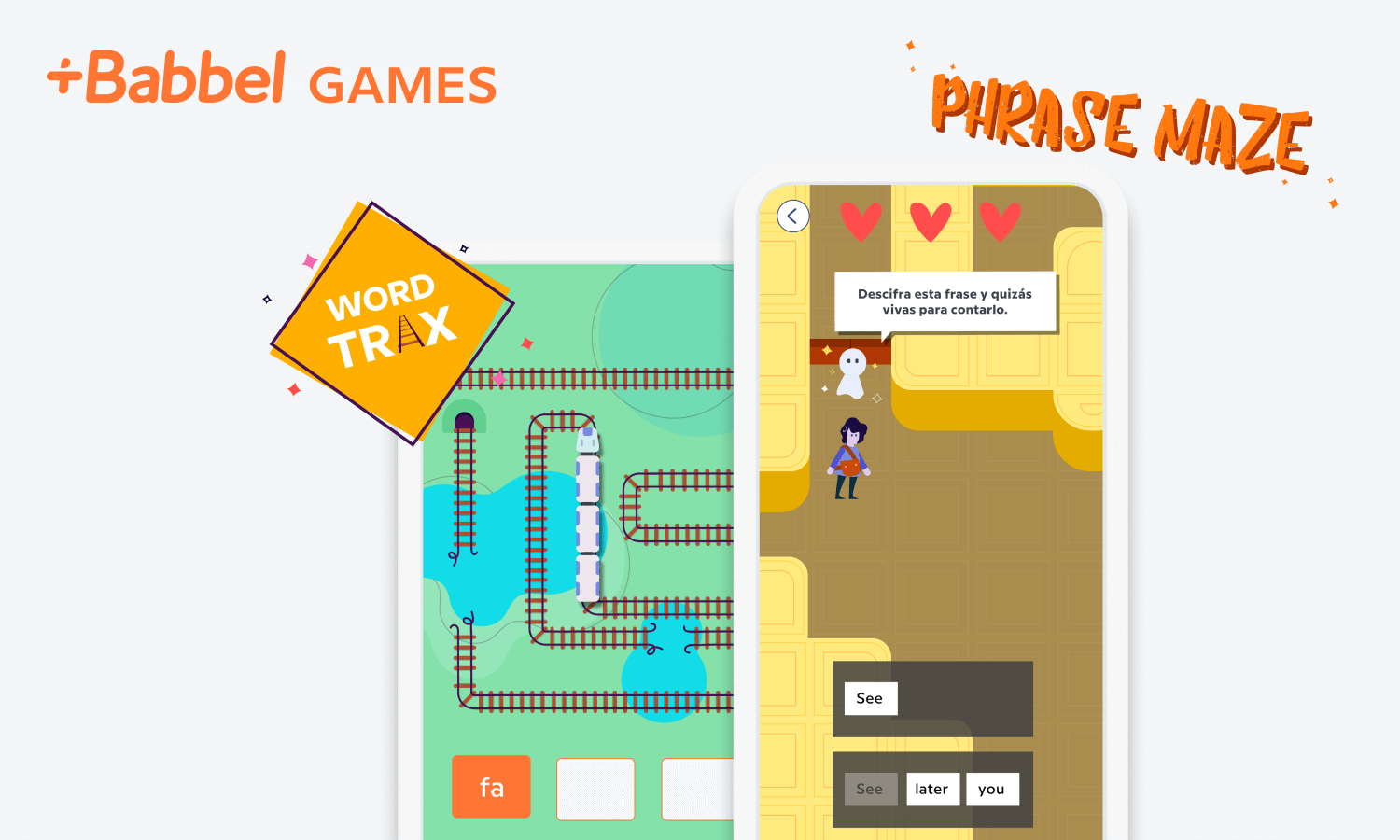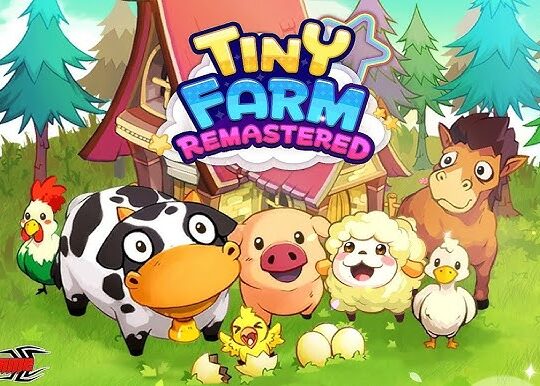Pros
1. Structured Curriculum Babbel offers a well-structured curriculum that is divided into various levels, ranging from beginner to advanced. Each course is designed to build upon the previous lessons, ensuring a logical progression of language skills. This structure helps learners develop a strong foundation before moving on to more complex topics.
2. Practical and Real-World Focus One of Babbel’s standout features is its focus on practical language use. The lessons emphasize real-world conversations and scenarios, which helps users learn vocabulary and phrases that are immediately applicable in everyday situations. This approach makes Babbel particularly useful for travelers or those looking to improve their conversational skills.
3. Interactive and Engaging Lessons Babbel’s lessons are interactive, incorporating a mix of reading, writing, listening, and speaking exercises. This variety keeps learners engaged and allows them to practice different language skills simultaneously. The app also uses speech recognition technology to help users improve their pronunciation.
4. Flexibility and Accessibility The platform is available on both desktop and mobile devices, allowing users to learn at their own pace and on their own schedule. This flexibility makes it easy for learners to incorporate language study into their daily routines, whether they have a few minutes during a commute or longer periods at home.
5. Cultural Insights Babbel includes cultural notes and insights throughout its courses, providing context and background information about the language and its speakers. These cultural elements enrich the learning experience and help users understand the nuances of the language beyond just vocabulary and grammar.
Cons
1. Limited Free Content While Babbel offers a few free lessons, the majority of its content is behind a paywall. Users need to subscribe to access the full range of lessons and features. This subscription model may be a barrier for those looking for entirely free language learning options.
2. Less Focus on Grammar Explanation Some users may find that Babbel’s approach to grammar is less detailed compared to other language learning platforms. While the app does cover grammar rules, it often integrates them into lessons rather than providing separate, in-depth grammar explanations. This might be challenging for learners who prefer a more traditional and comprehensive approach to grammar study.
3. Limited Language Selection Babbel offers courses in 14 languages, which, while covering many of the most commonly learned languages, is fewer than some other language learning platforms like Duolingo or Rosetta Stone. Learners looking for less commonly taught languages may need to seek alternative resources.
4. Repetitive Exercises Some users have reported that the exercises in Babbel can become repetitive over time. While repetition is a key component of language learning, the lack of variety in exercise types might lead to disengagement for some learners.
5. Lack of Advanced Content Babbel is highly effective for beginners and intermediate learners, but it may not offer enough advanced content for those looking to achieve fluency or advanced proficiency in a language. Advanced learners might need to supplement their study with other resources to continue progressing.
Conclusion
Babbel is a robust language learning platform that excels in providing practical, real-world language skills through interactive and engaging lessons. Its structured curriculum, cultural insights, and flexibility make it a strong choice for beginners and intermediate learners. However, its subscription model, limited language selection, and potential lack of advanced content may be drawbacks for some users. Overall, Babbel is a valuable tool for anyone looking to start or continue their language learning journey, especially those focused on conversational proficiency and practical usage.












